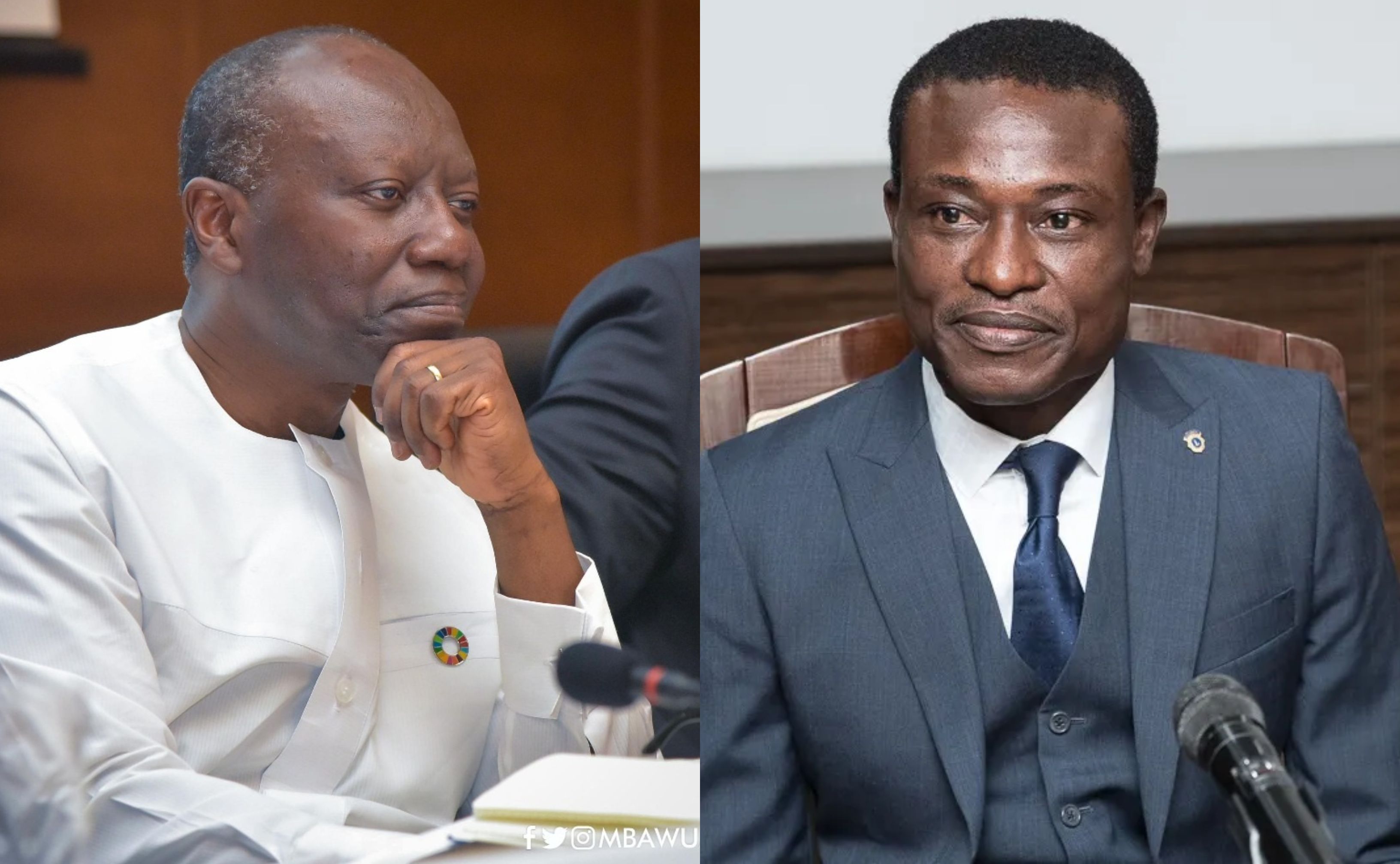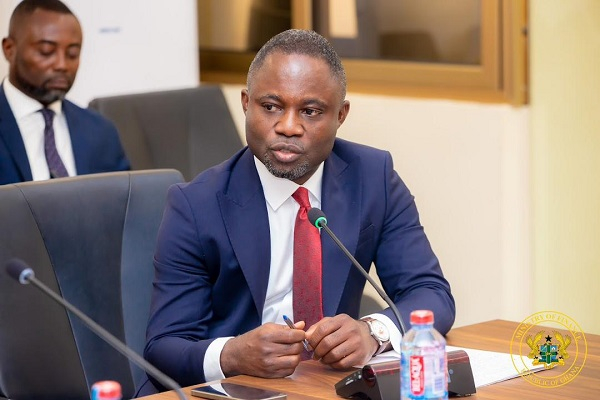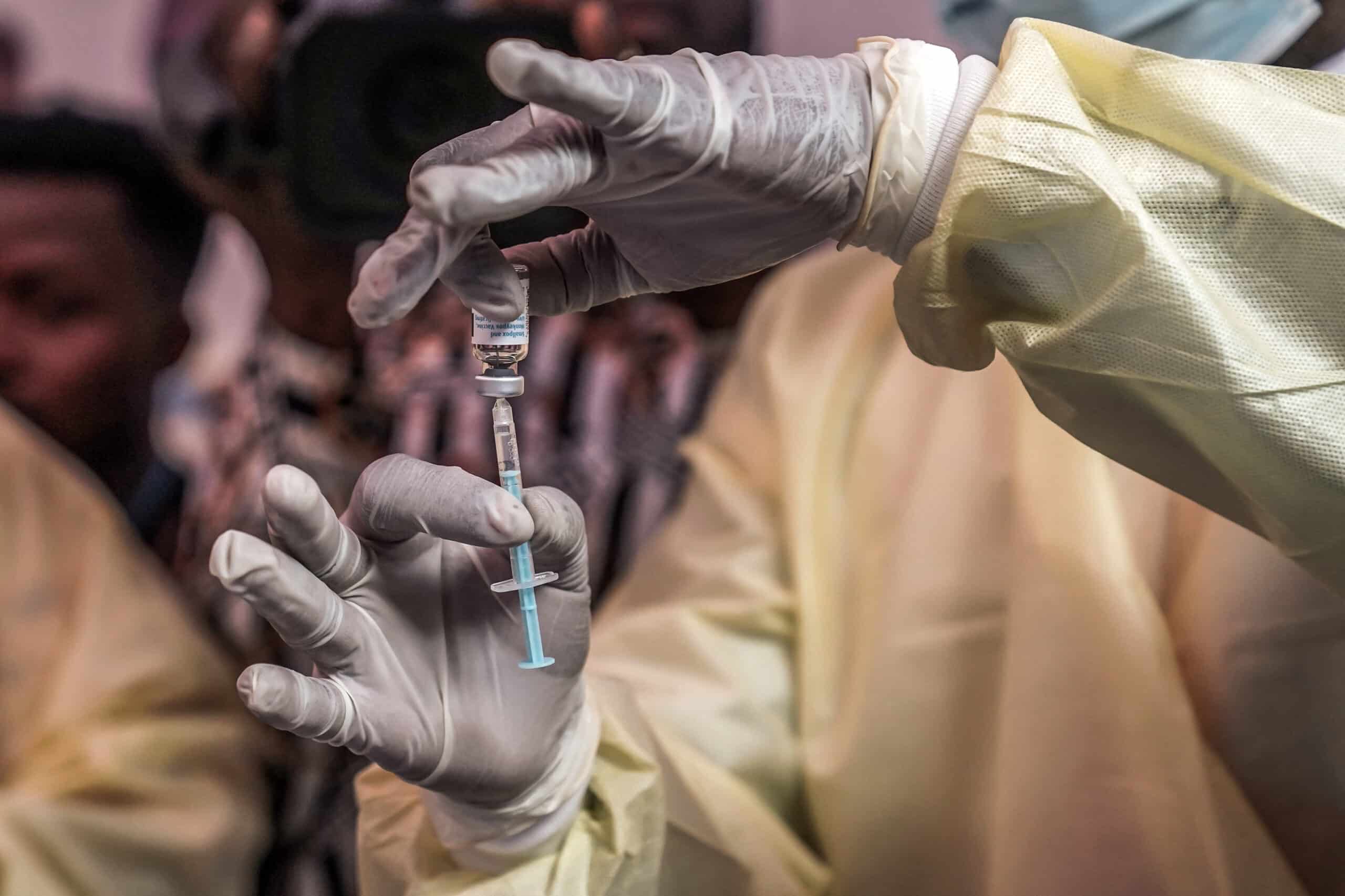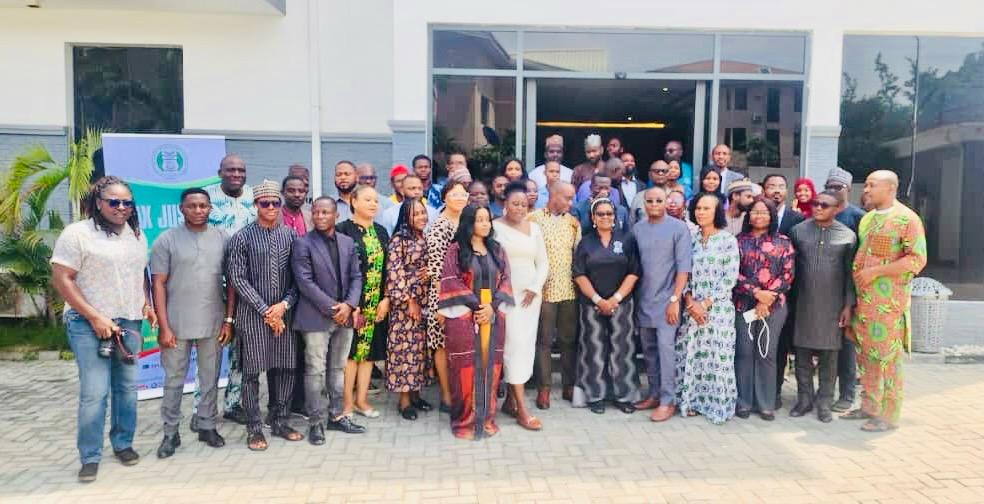Mokwa Flood Crisis: Relief Efforts and Gubernatorial Aid
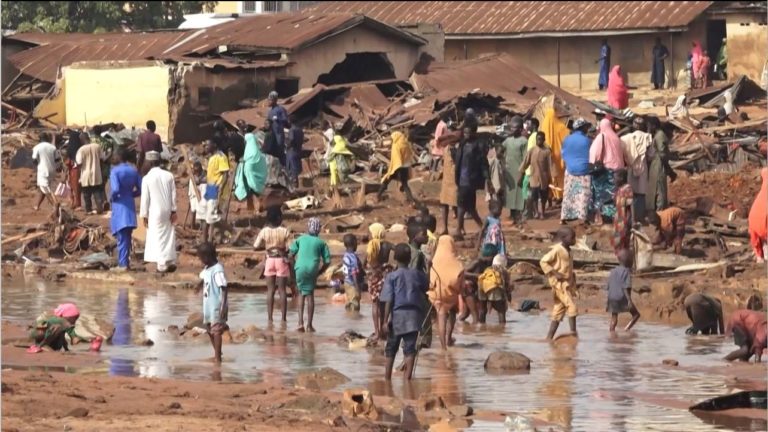
A devastating flood in Mokwa Local Government Area of Niger State on May 29 has prompted a significant governmental and humanitarian response, while also highlighting challenges in relief efforts. The floods reportedly ravaged three communities, leading to a death toll cited by ActionAid Nigeria as 224, displacing 3,018 individuals, and destroying three bridges.
Niger State Governor Mohammed Umaru Bago, shortly after returning from performing the 2025 Hajj in Saudi Arabia, conducted an on-the-spot assessment of the flood-affected areas in Mokwa. During his visit, Governor Bago announced a N1 billion donation from the state government to assist the victims. In addition to this financial aid, he pledged the provision of ten trucks each of rice, beans, maize, millet, and sorghum. The governor assured that all donations would be distributed fairly through a committee led by his Deputy, Yakubu Garba.
The state government is also focusing on long-term recovery and prevention. Governor Bago announced plans to provide land and necessary services for the resettlement of displaced persons. He directed the Ministry for Land and Survey to issue a Certificate of Occupancy (C of O) to the federal government to facilitate the immediate construction of resettlement homes. This initiative aims to prevent victims from enduring extended stays in Internally Displaced Persons (IDP) camps. Furthermore, a N7 billion road and bridge construction project linking Mokwa to Rabba was unveiled, with contractors scheduled to mobilize to the site and begin work on Tuesday, 10 June 2025. This project is a component of a broader infrastructure recovery plan. The governor also stated that the state government intends to construct a permanent drainage system and concrete bridges in Mokwa to mitigate future flood disasters.
Support for the flood victims has been forthcoming from various organizations. The Nigerian Red Cross Society (NRCS) has been actively involved in relief operations, distributing essential non-food items to 100 affected families. These supplies include plastic buckets, jerry cans for safe water storage, mobile taps for hygiene, water purification tablets, sleeping mats, blankets, camp beds, and shelter kits containing tools for temporary shelters. Abubakar Kende, the NRCS Secretary General, emphasized the critical nature of these items, stating, "Clean water, proper hygiene, and shelter are not luxuries — they are lifesaving." The NRCS is coordinating its response with the Niger State Emergency Management Agency (SEMA) and the National Emergency Management Agency (NEMA), with further distributions planned for other flood-hit communities.
Despite these efforts, concerns have been voiced regarding the adequacy and organization of the relief response. ActionAid Nigeria (AAN) criticized the current measures, asserting that they are not sufficiently addressing the urgent needs of displaced persons, particularly women and children. AAN Country Director Andrew Mamedu highlighted that the death toll had risen to 224 and expressed apprehension about poorly organized camps lacking essential amenities such as toilets, running water, and secure shelter. This situation has reportedly led many individuals, especially women, to avoid staying in the camps overnight, choosing instead to reside in their damaged homes or on open pavements. AAN also pointed to a perceived delay in the state government's intervention, noting that aid distribution was reportedly scheduled to commence only after the Sallah holiday, potentially exacerbating the suffering of vulnerable groups.
ActionAid Nigeria put forth several recommendations to improve the humanitarian response. These include the immediate distribution of aid (food, non-food items, water, hygiene kits, psychosocial support, temporary family tents, and improved camp infrastructure); ensuring meaningful representation of women in relief coordination committees to better address gender-specific needs; increasing support from development partners and civil society organisations, particularly through cash transfer programmes; conducting a coordinated, transparent, and culturally sensitive community-focused assessment to identify evolving needs; and the urgent implementation of proactive, climate-resilient measures by the Niger State government to mitigate further devastation. AAN also advocated for an open public accountability mechanism to track the use of all contributions.
In addressing the aftermath of the disaster, Governor Bago also directed Islamic teachers in the state to ensure they document all pupils under their care to facilitate tracing if necessary in such events. He expressed gratitude to all entities and individuals who have supported the victims and reaffirmed the state government's commitment to resettling those affected, whether directly or indirectly.
Expressions of sympathy and commendation for the governor's swift response and the solidarity shown by various contributors have come from prominent figures, including the Speaker of the Niger State House of Assembly, Abdulmalik Sarkin Daji; the Etsu Nupe and Chairperson of the Niger State Council of Traditional Rulers, Yahaya Abubakar; and former Deputy Governor of Niger State, Mohammed Ketso.

